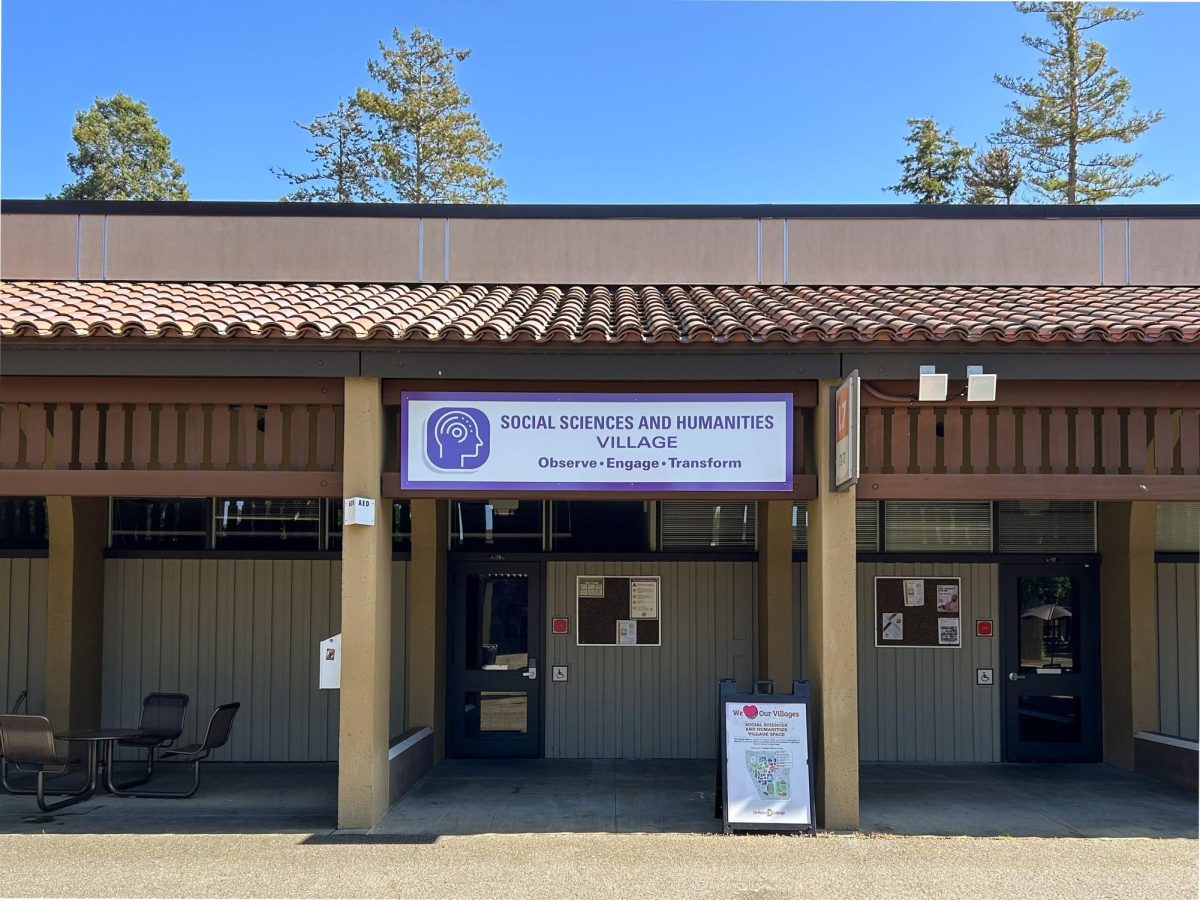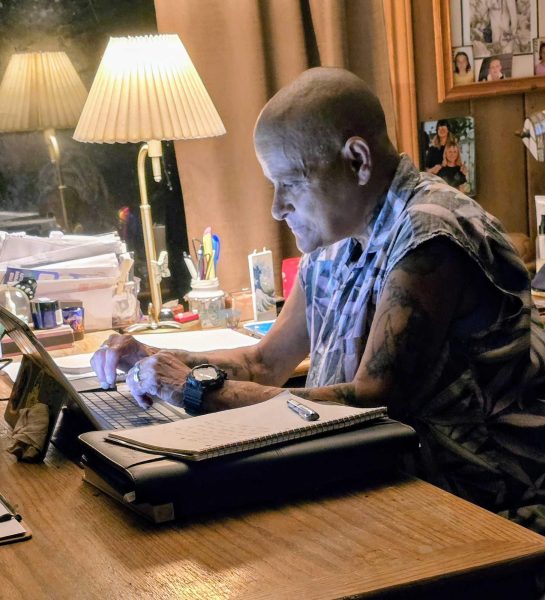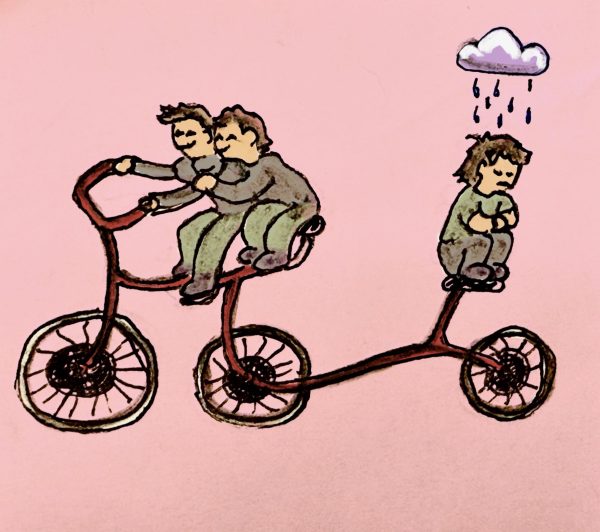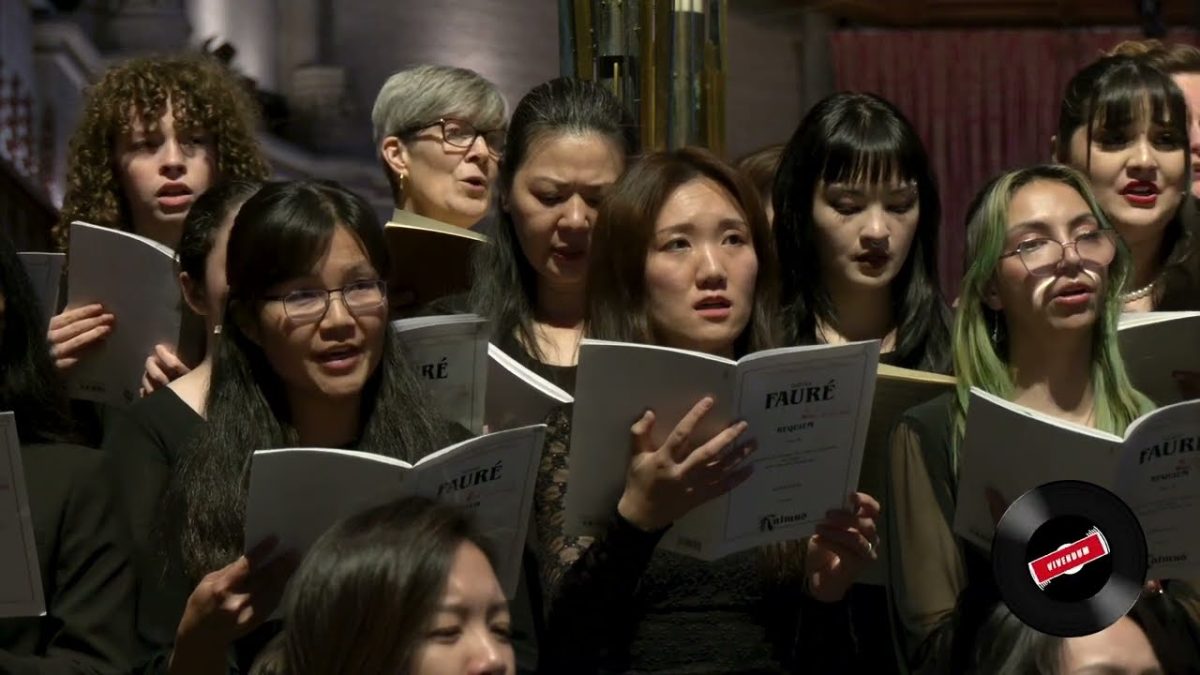Senate to ban bottles
May 26, 2015
The DASB Senate decided on May 13 to endorse a ban on bottled water on De Anza College’s campus in 2017.
The president of the De Anza Sustainability Alliance, Arjun Gadkari, proposed the Ban the Bottle Resolution.
The resolution would ban the sale of disposable water bottles on campus, emphasize the use of reusable bottles and implement filtered filling stations throughout De Anza’s campus.
Other non-water beverages would still be sold on campus.
The senate’s environmental sustainability committee discussed the proposal and the senate voted unanimously to endorse the ban once it is taken to administration.
The proposal will be reviewed by De Anza President Brian Murphy, the campus facilities committee, dining services and the associate vice president of college operations.
The Sustainability Alliance plans to implement the resolution by the end of the 2016-2017 fiscal year.
The resolution can potentially take effect throughout the FHDA District, but the Sustainability Alliance is only focusing on De Anza for now.
The alliance began the campaign in the fall of 2014 and has collected about 680 signatures over the past four months.
The alliance was encouraged by Humboldt State University, Kuztown University of Pennsylvania and the San Francisco City government, which have implemented steps towards a sustainable water infrastructure.
During his presentation, Gadkari explained the benefits of using high-quality reusable bottles made from metal, wood or glass, since plastic comes from petroleum, a limited resource.
According to his research, Gadkari said that the U.S. alone uses 17 million barrels of oil annually to meet the water bottle demand.
The same water students buy bottled is available from the sink and is proven to be cleaner than bottled water, said Gadkari.
Buying bottled water, a family could spend $1,400 per year on water bottles while tap water costs 49 cents annually.
The filling stations would help students who regularly use disposable bottles easily switch to reusable bottles, said Gadkari.
“Access to water is a human right and should come from sustainable sources,” Gadkari said.
























